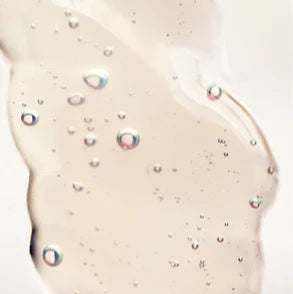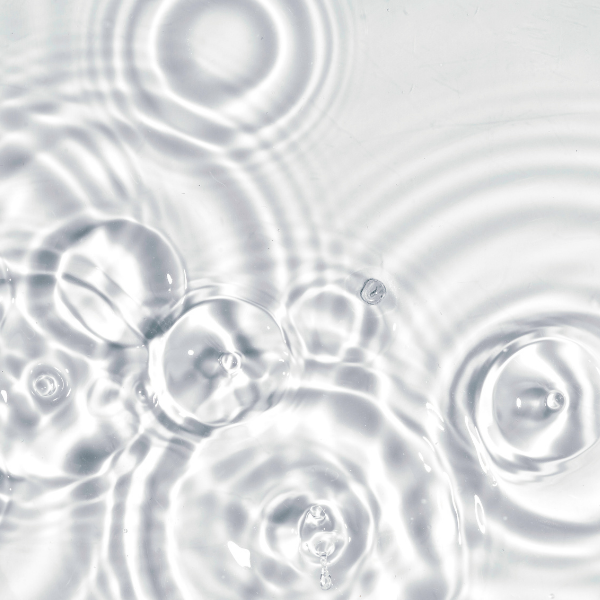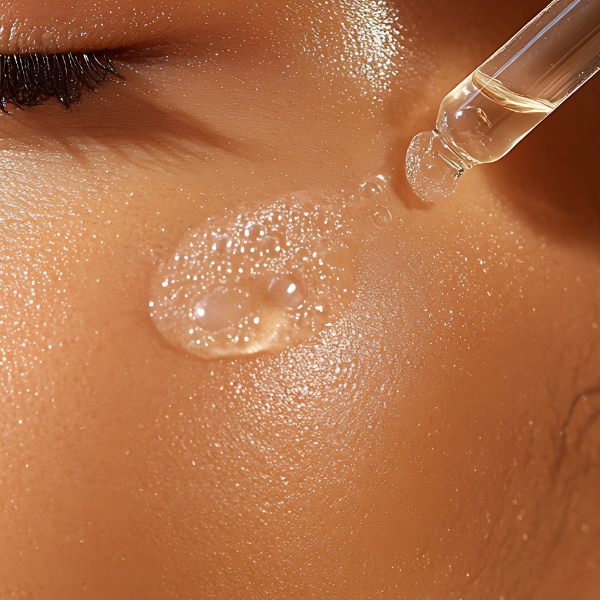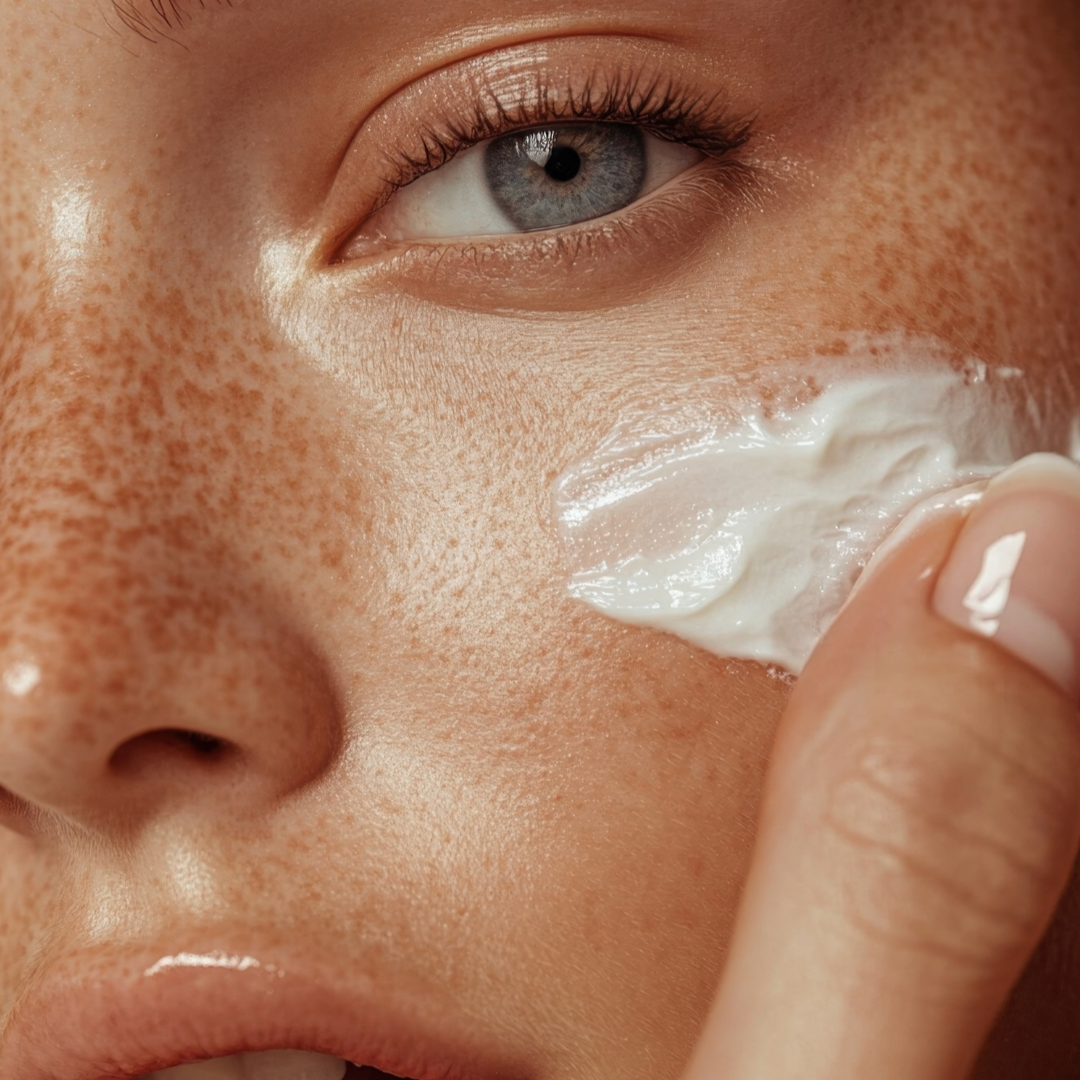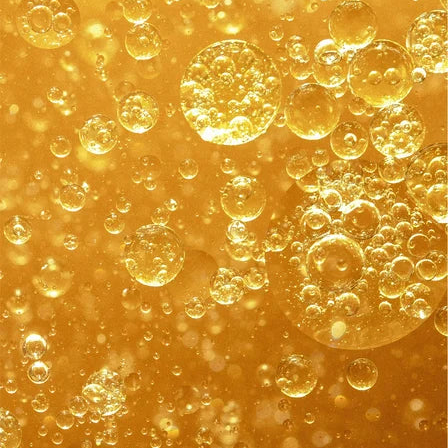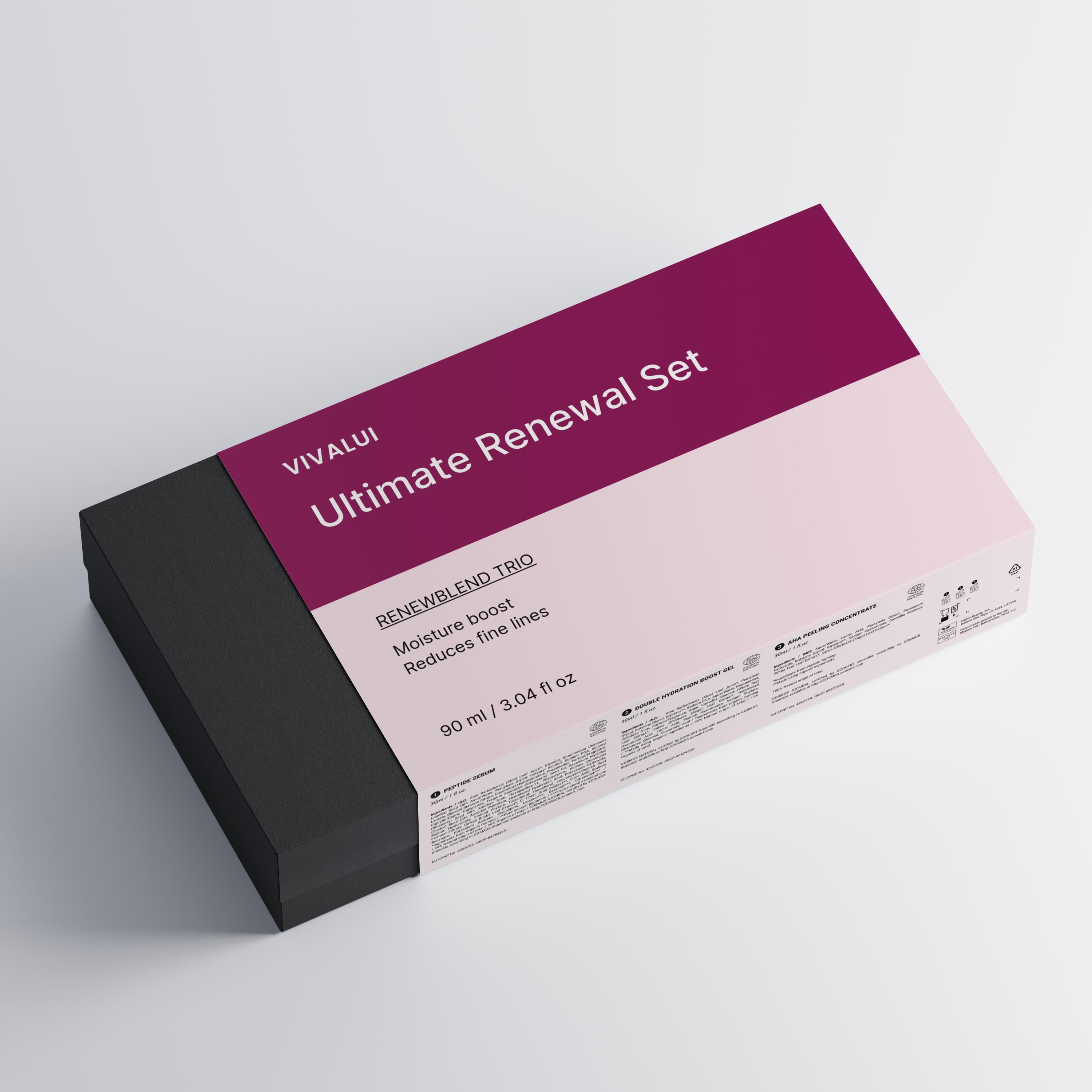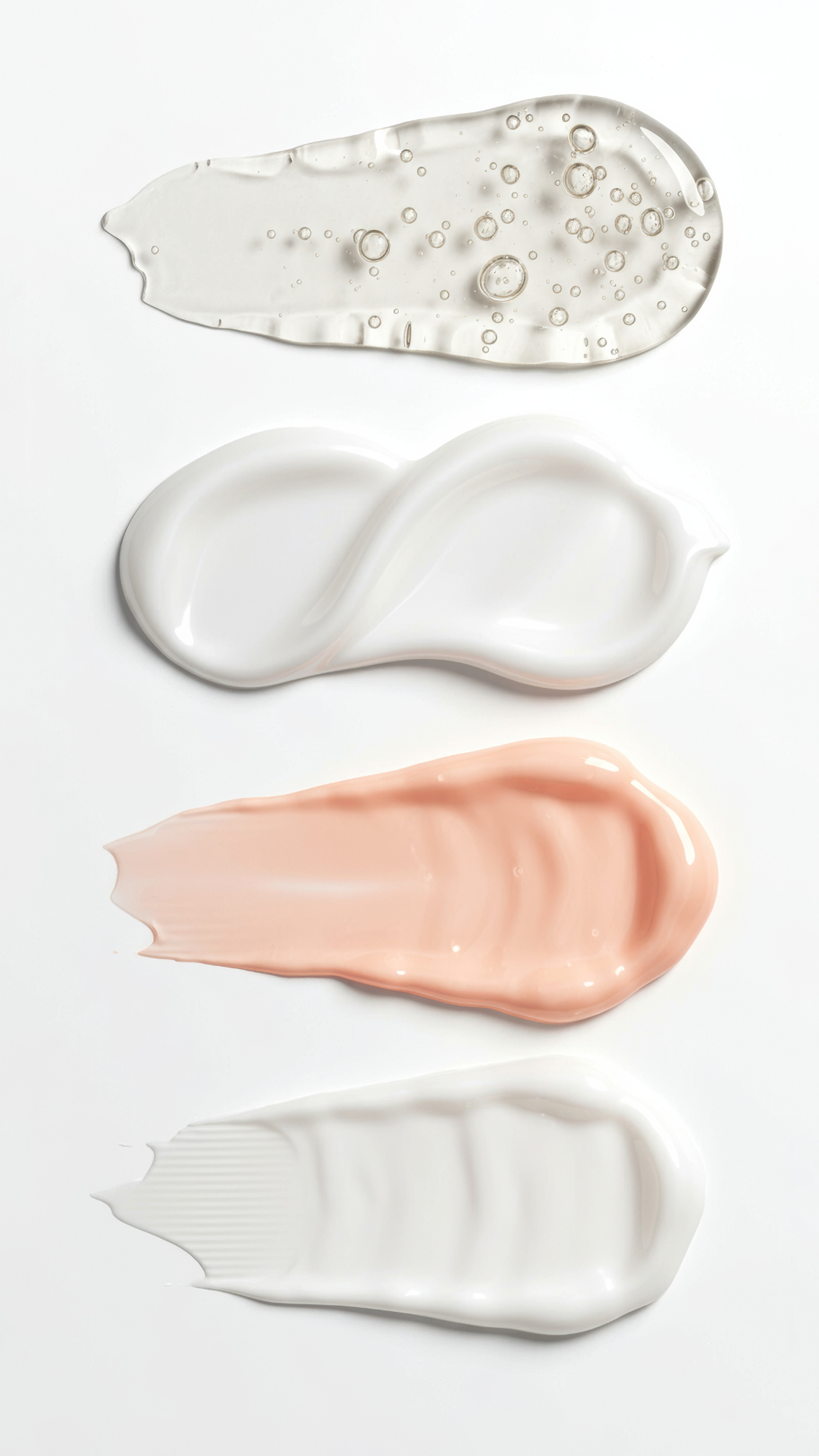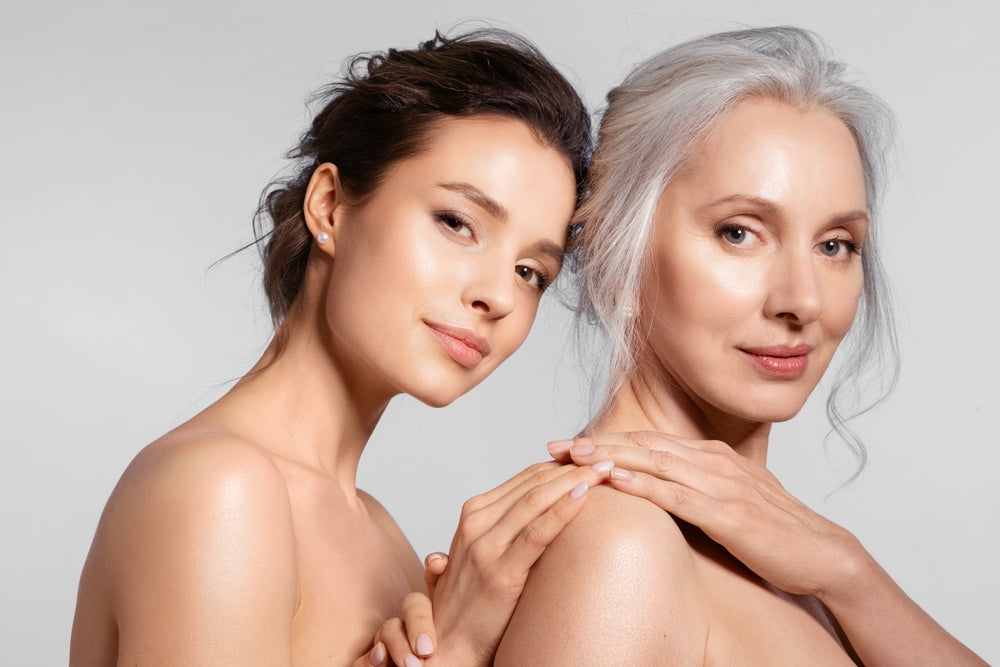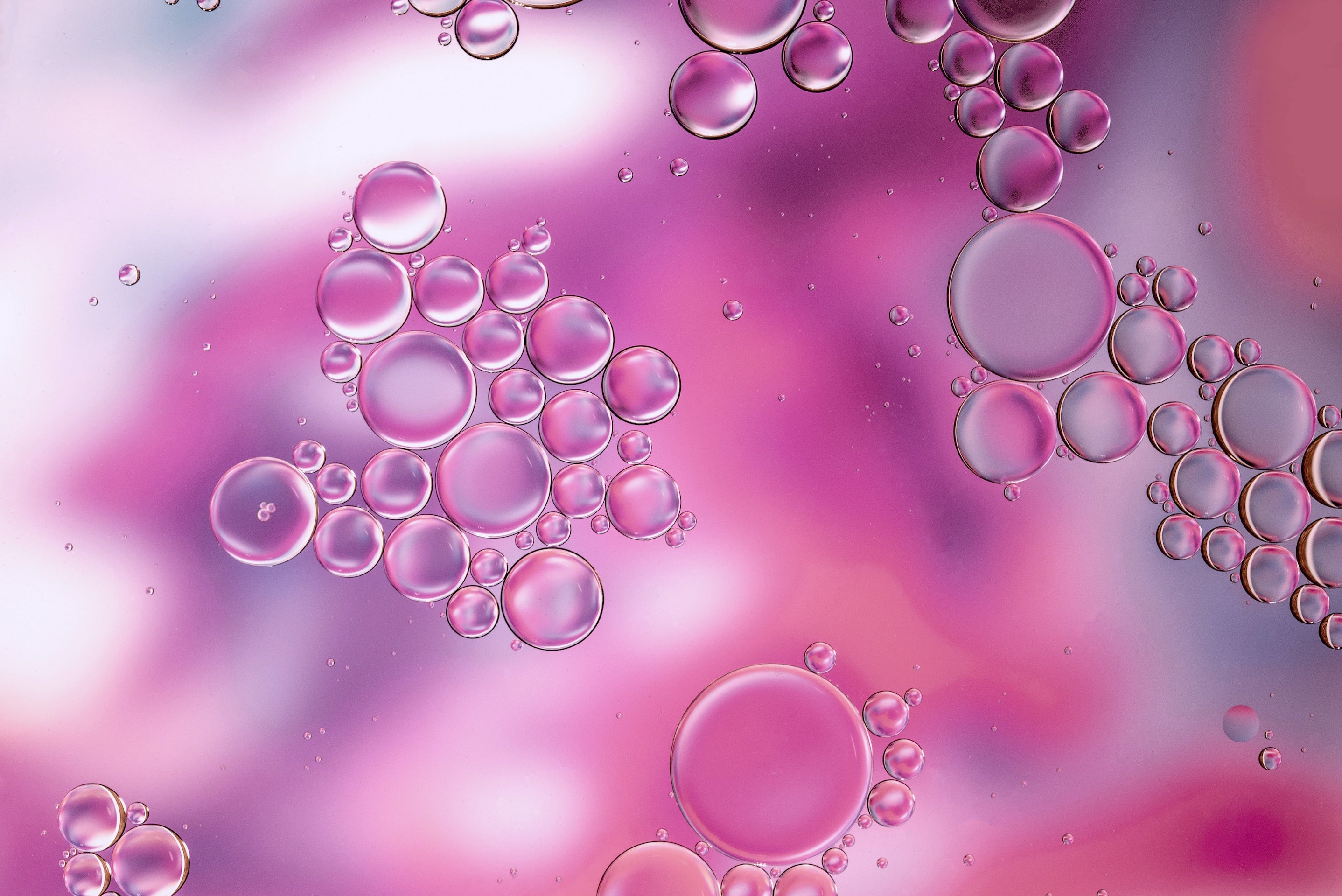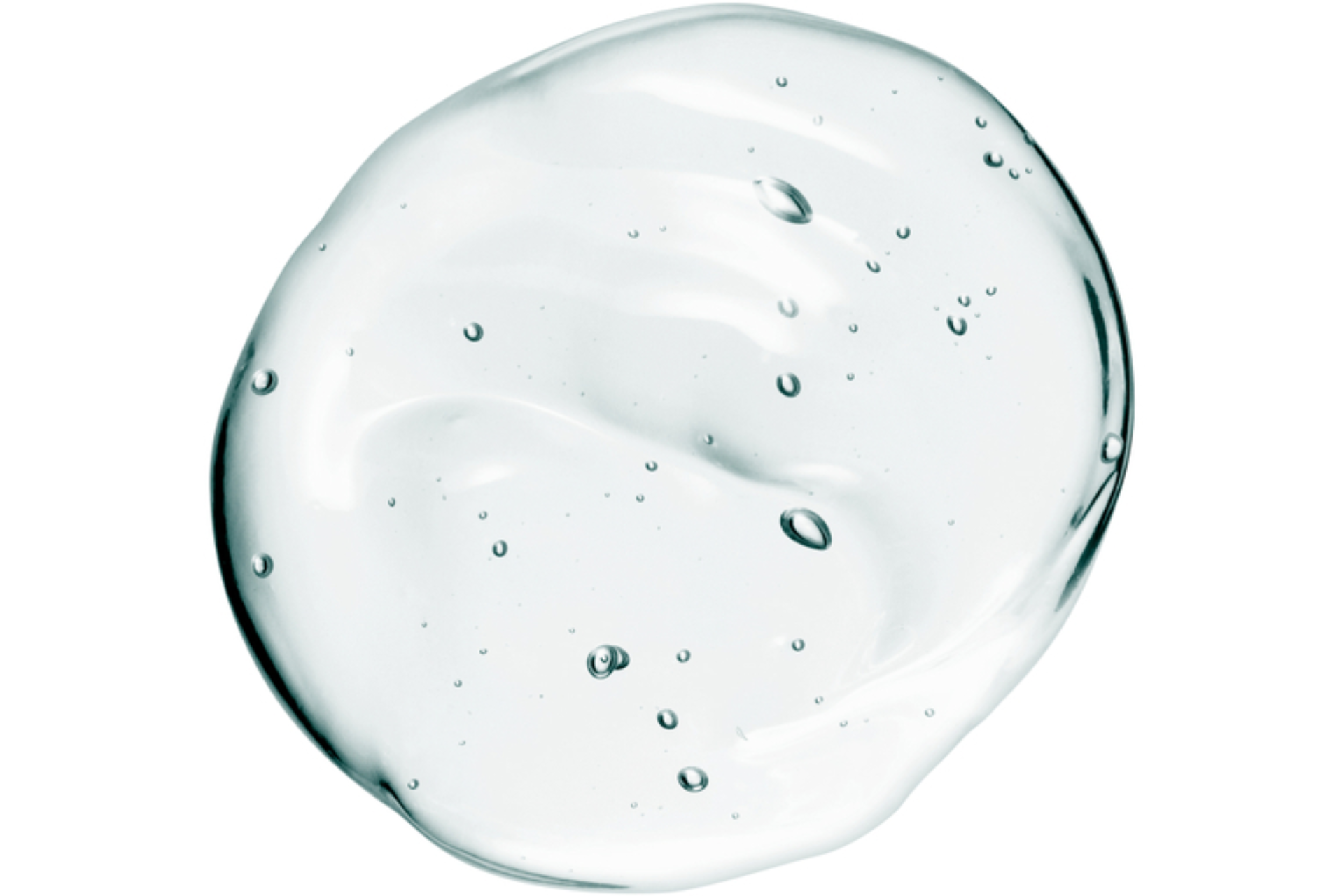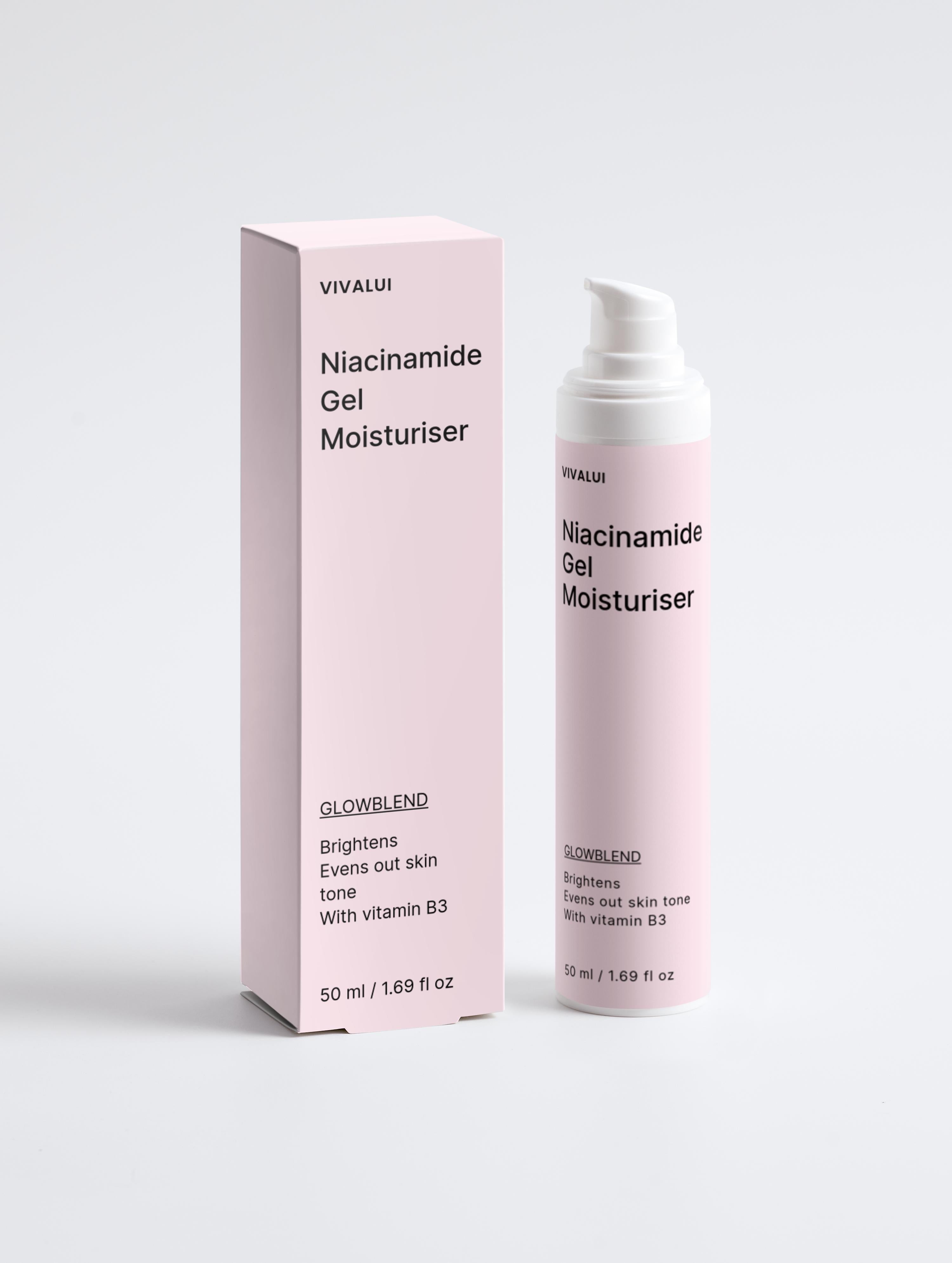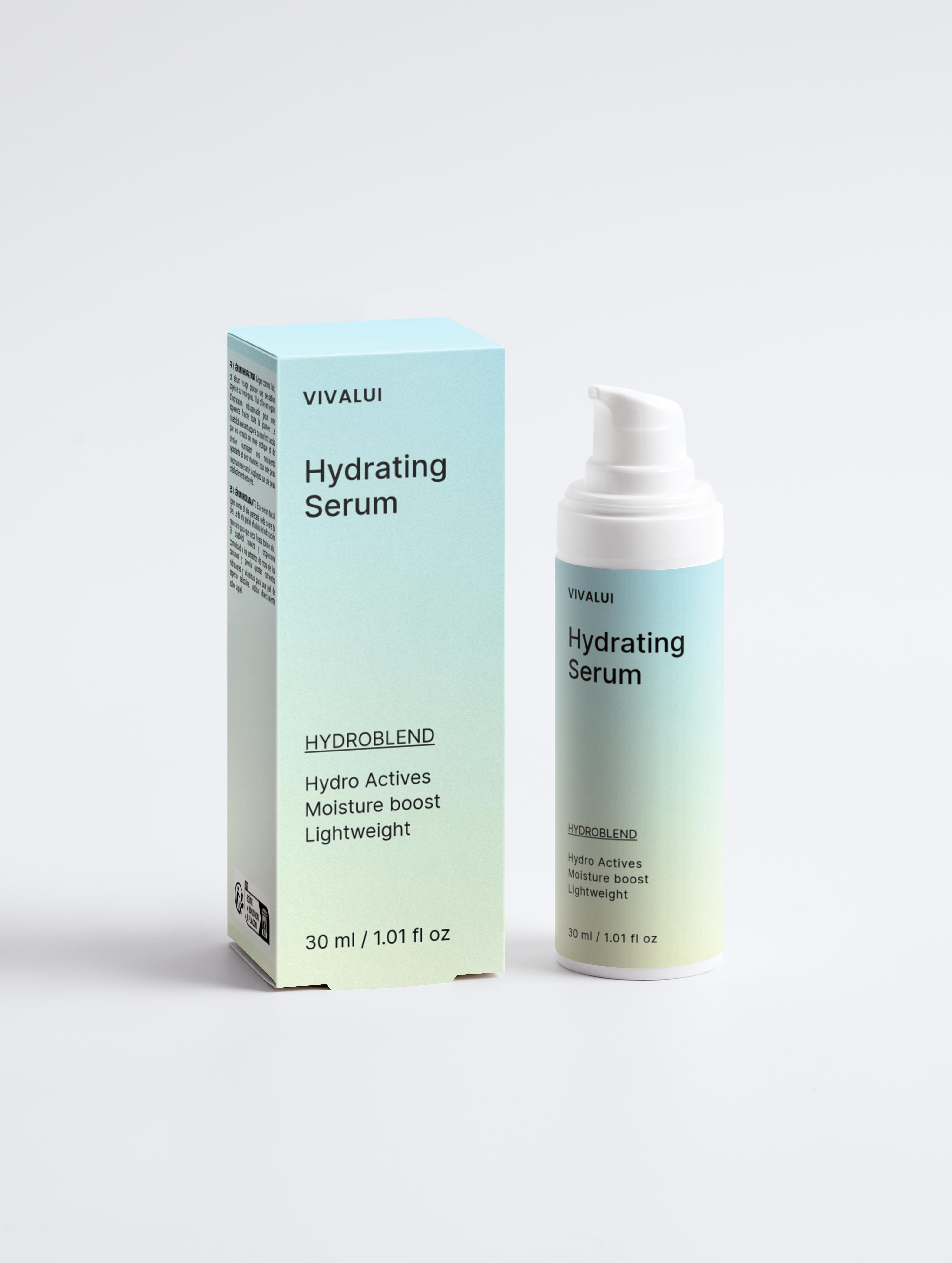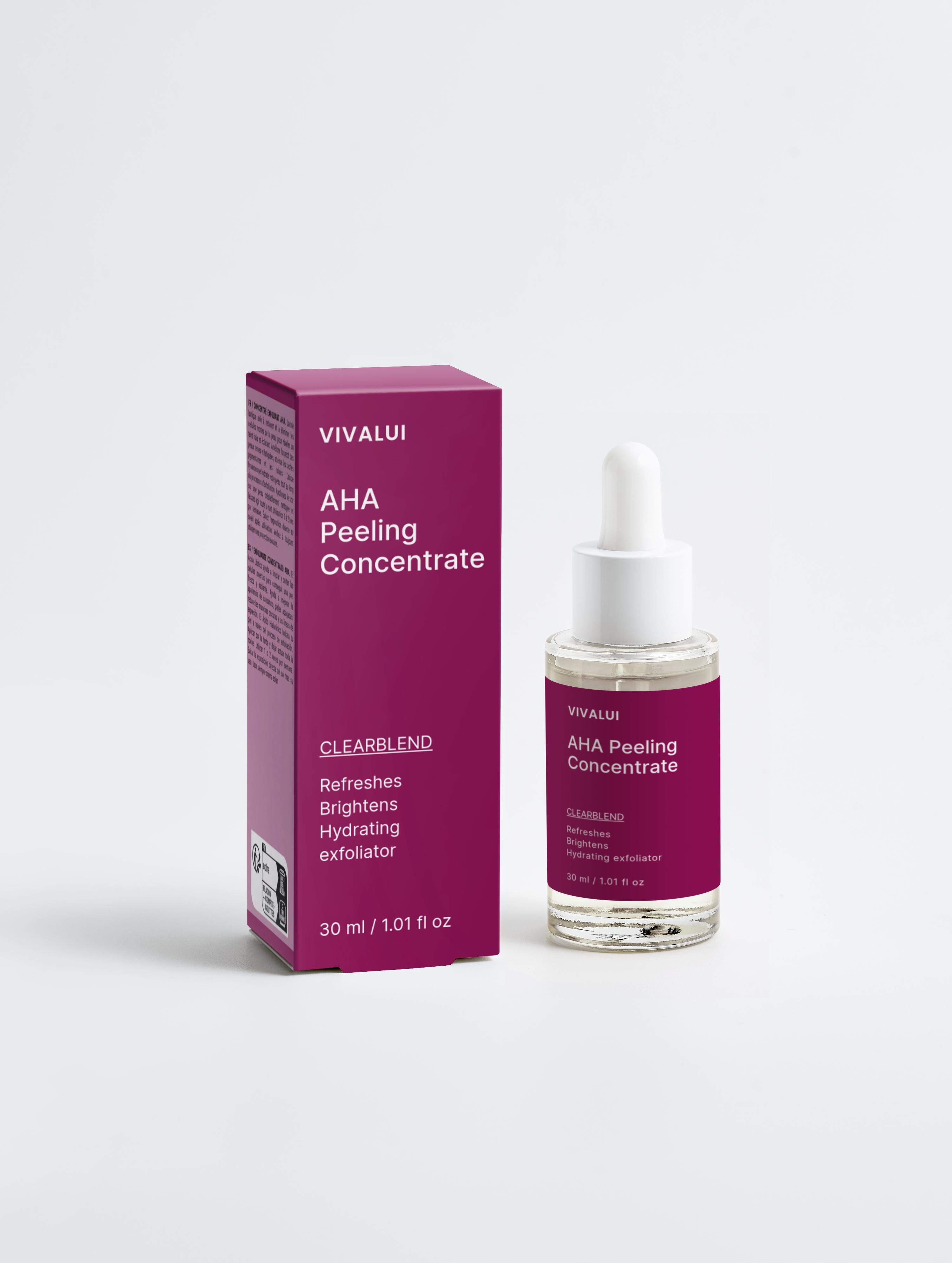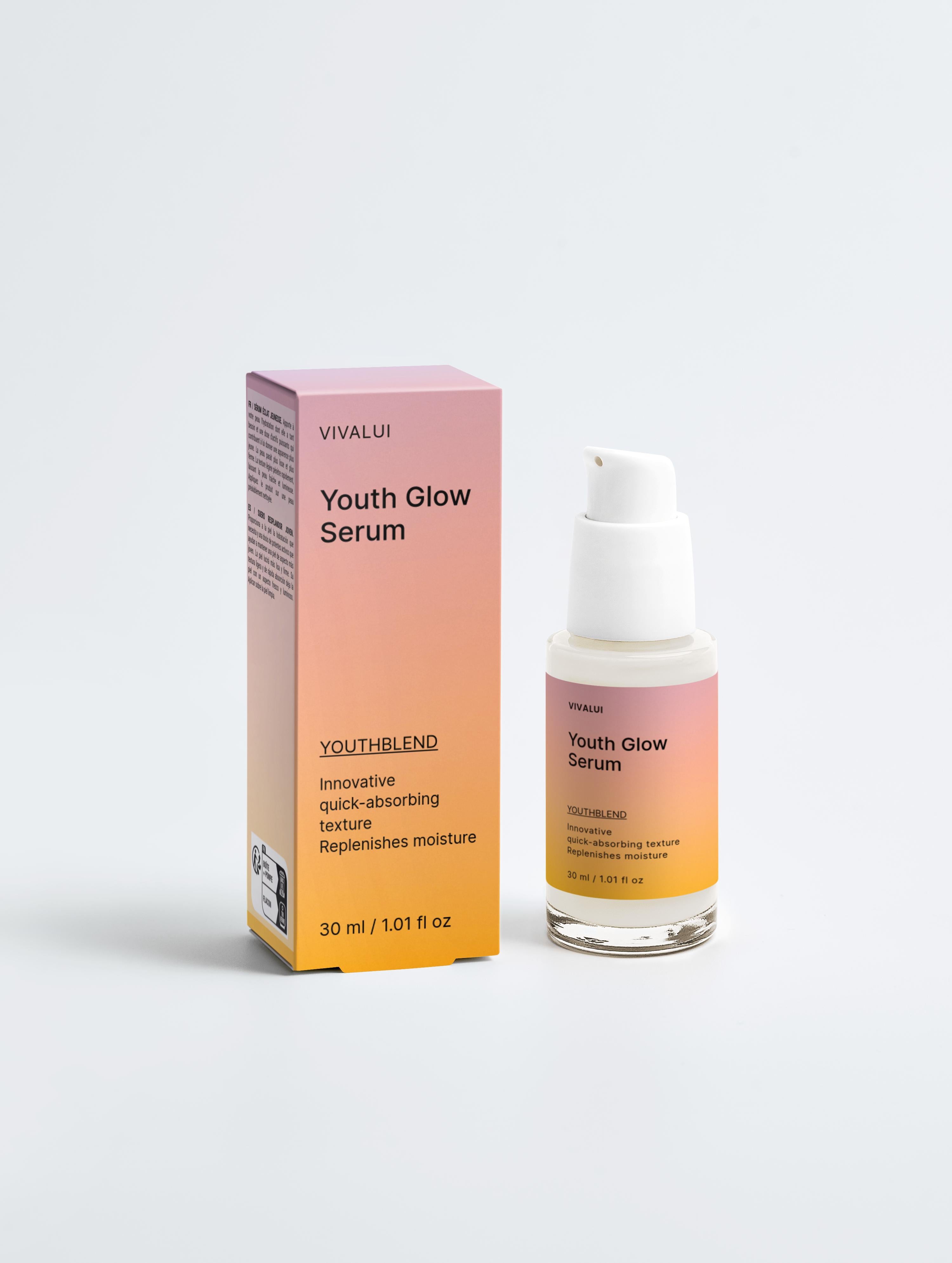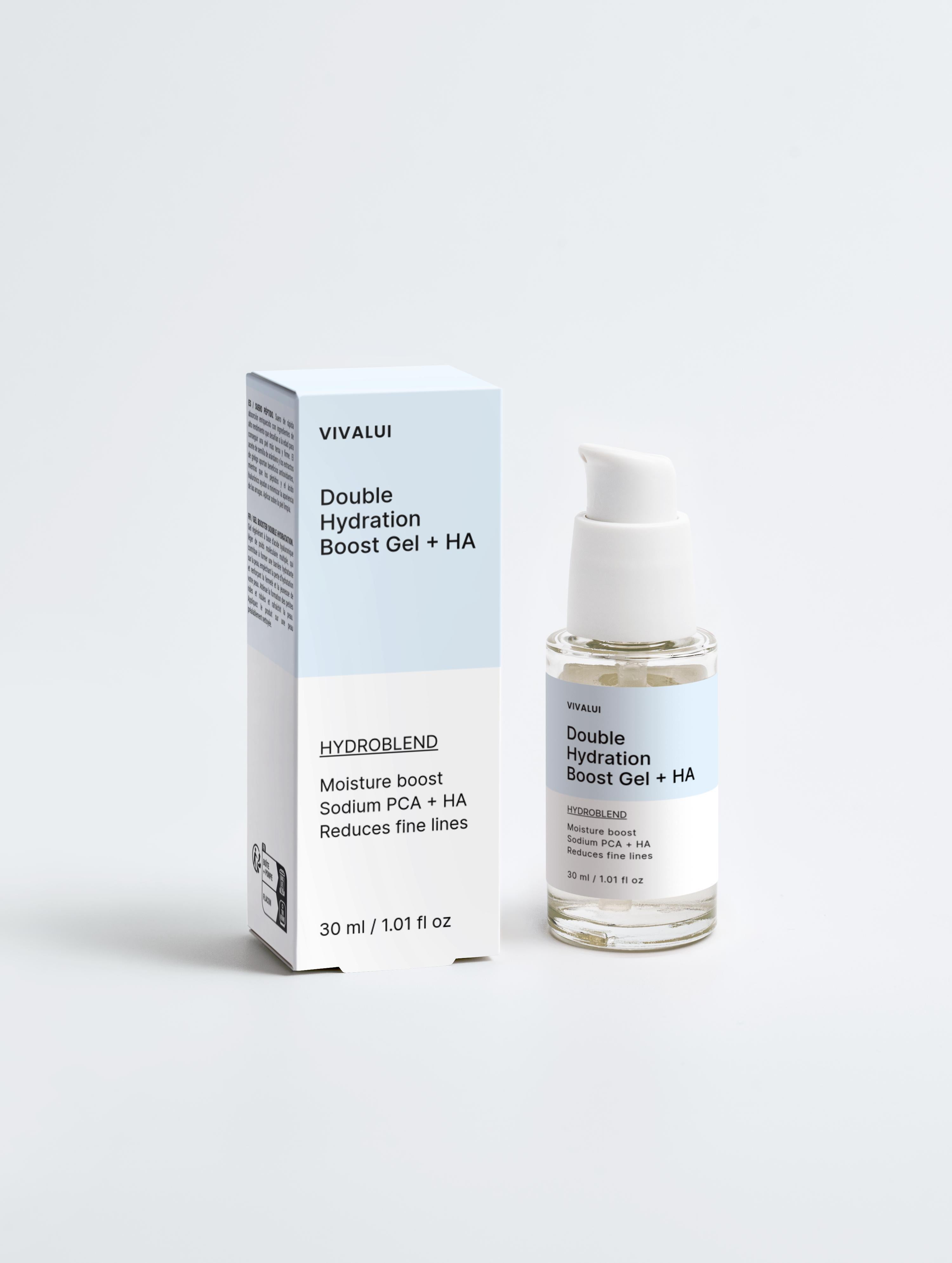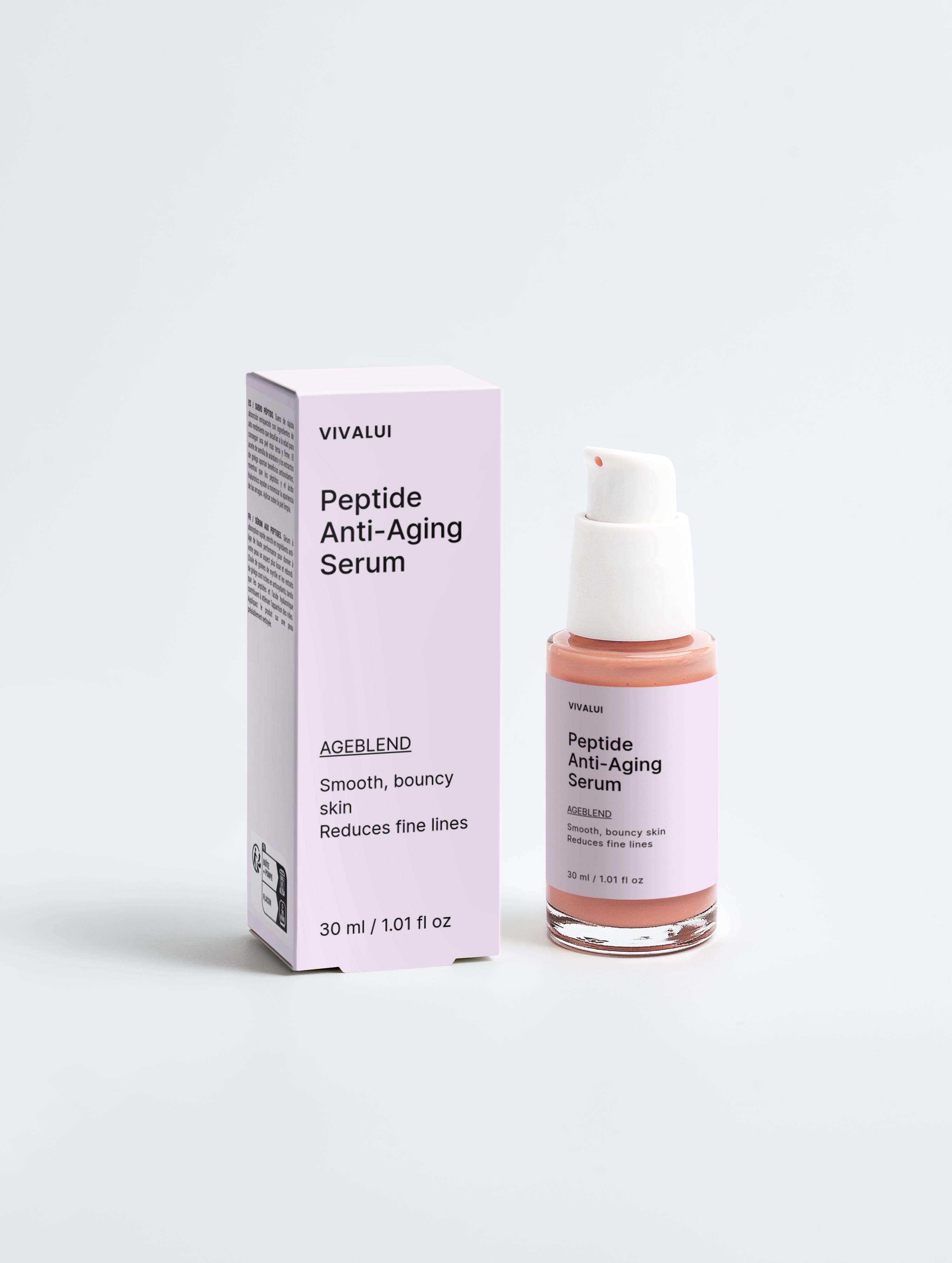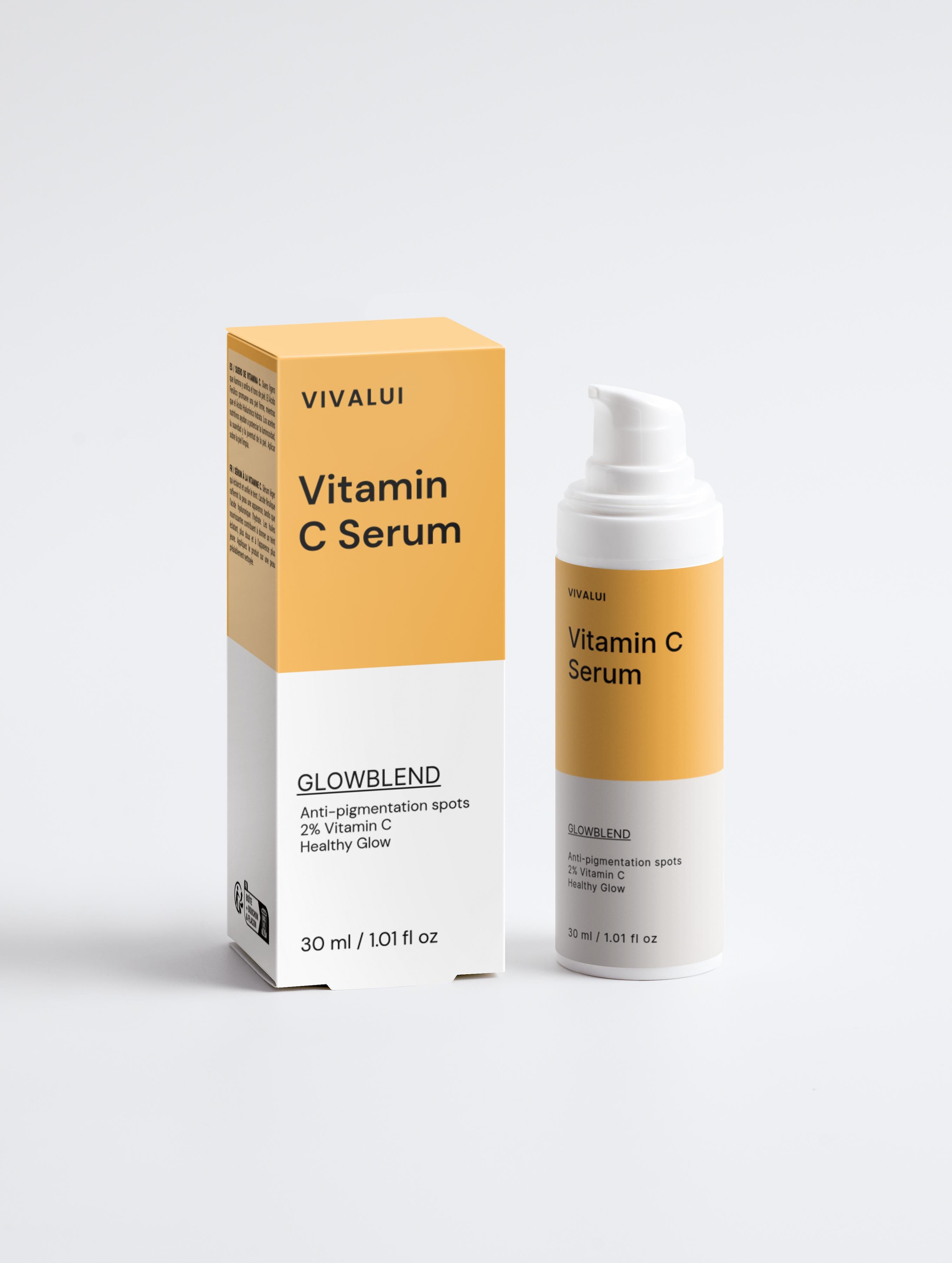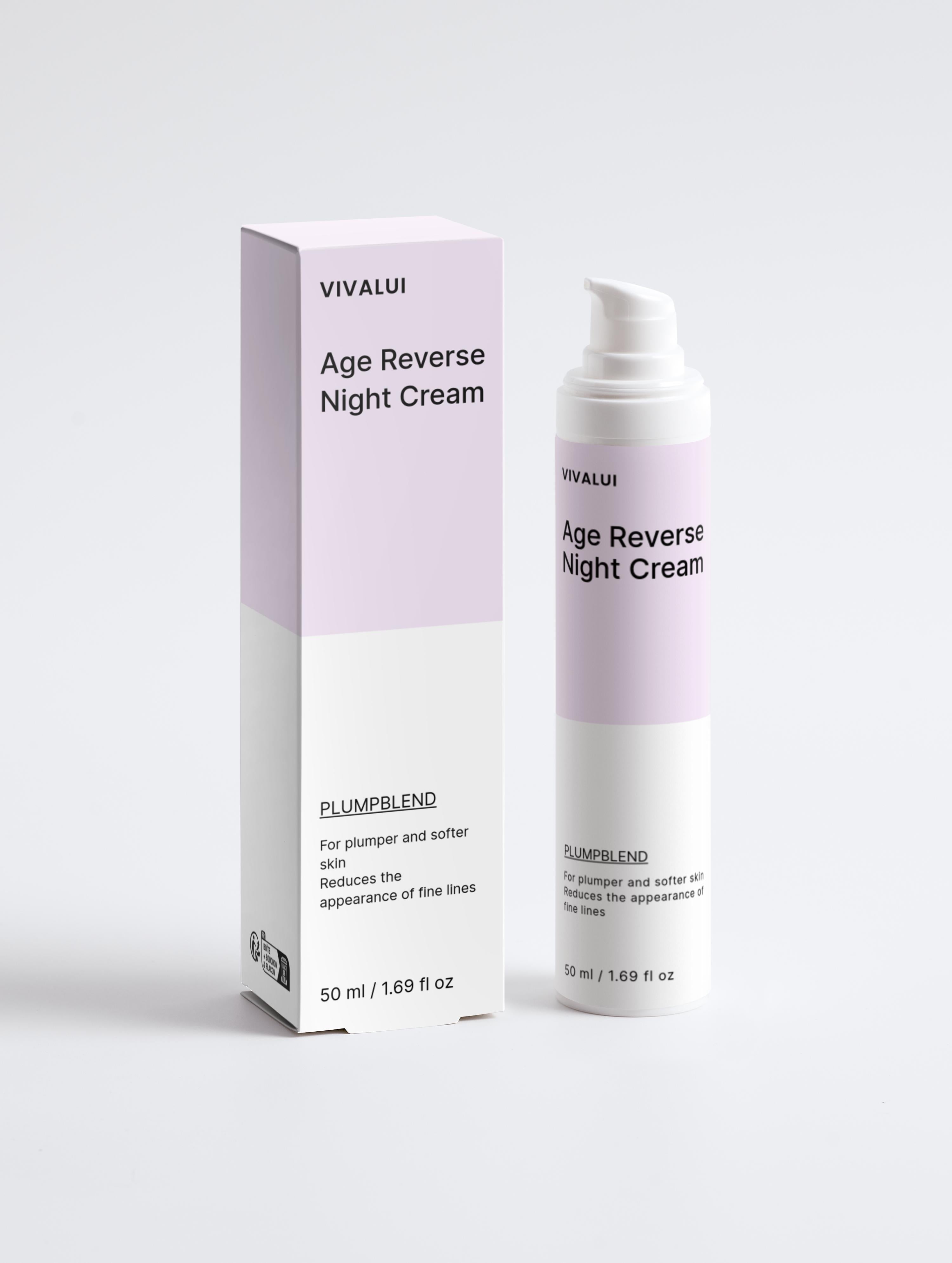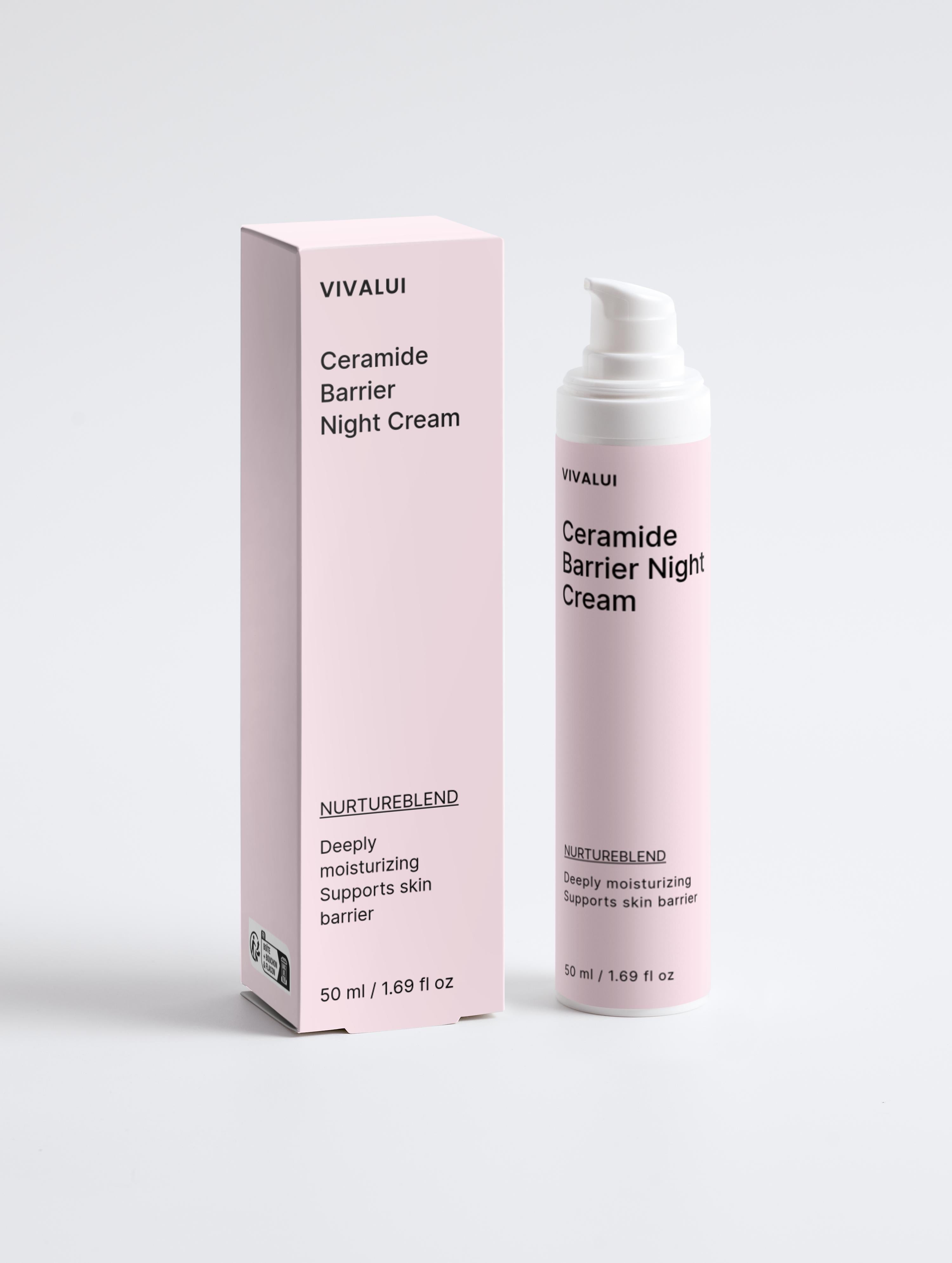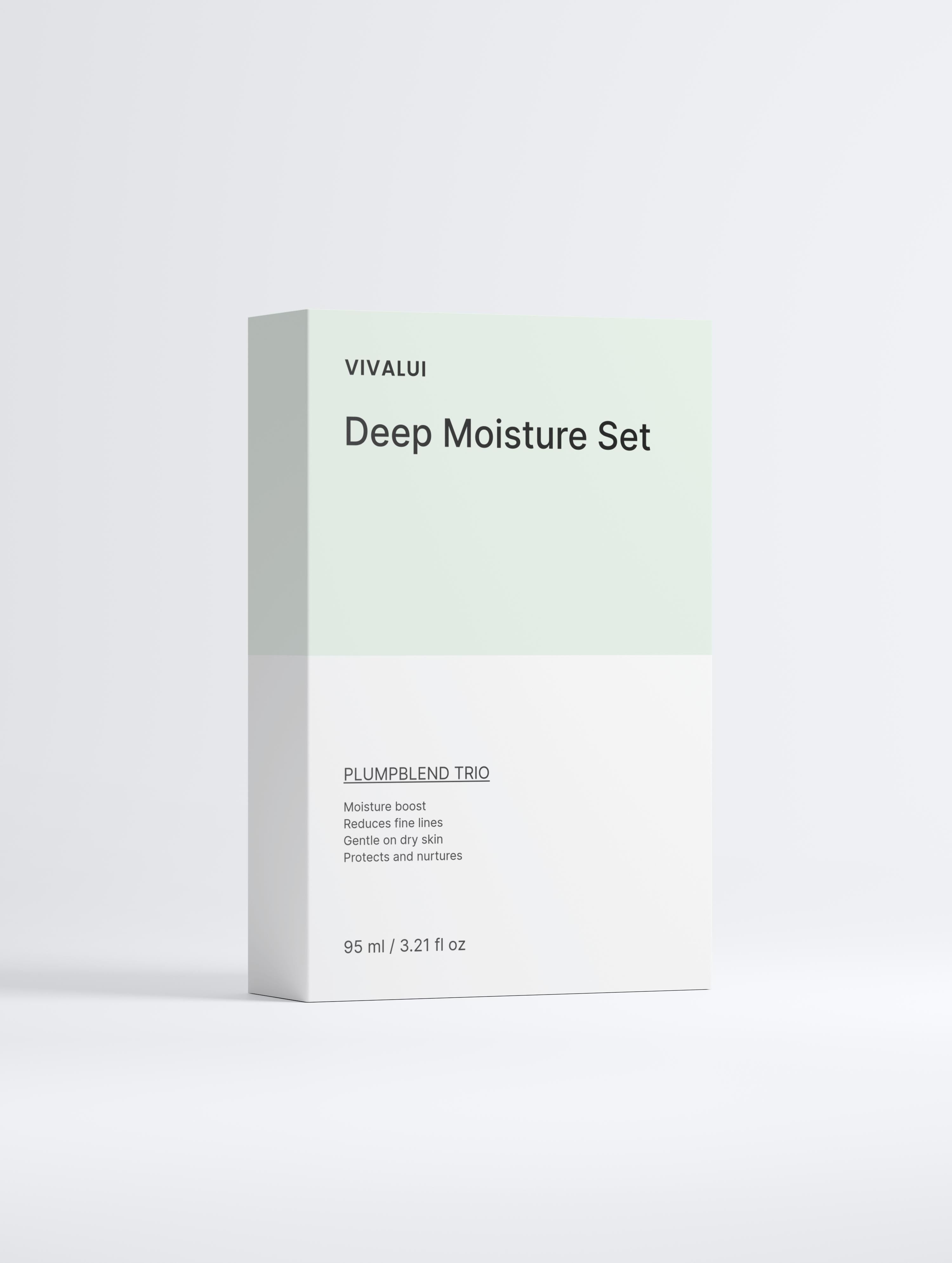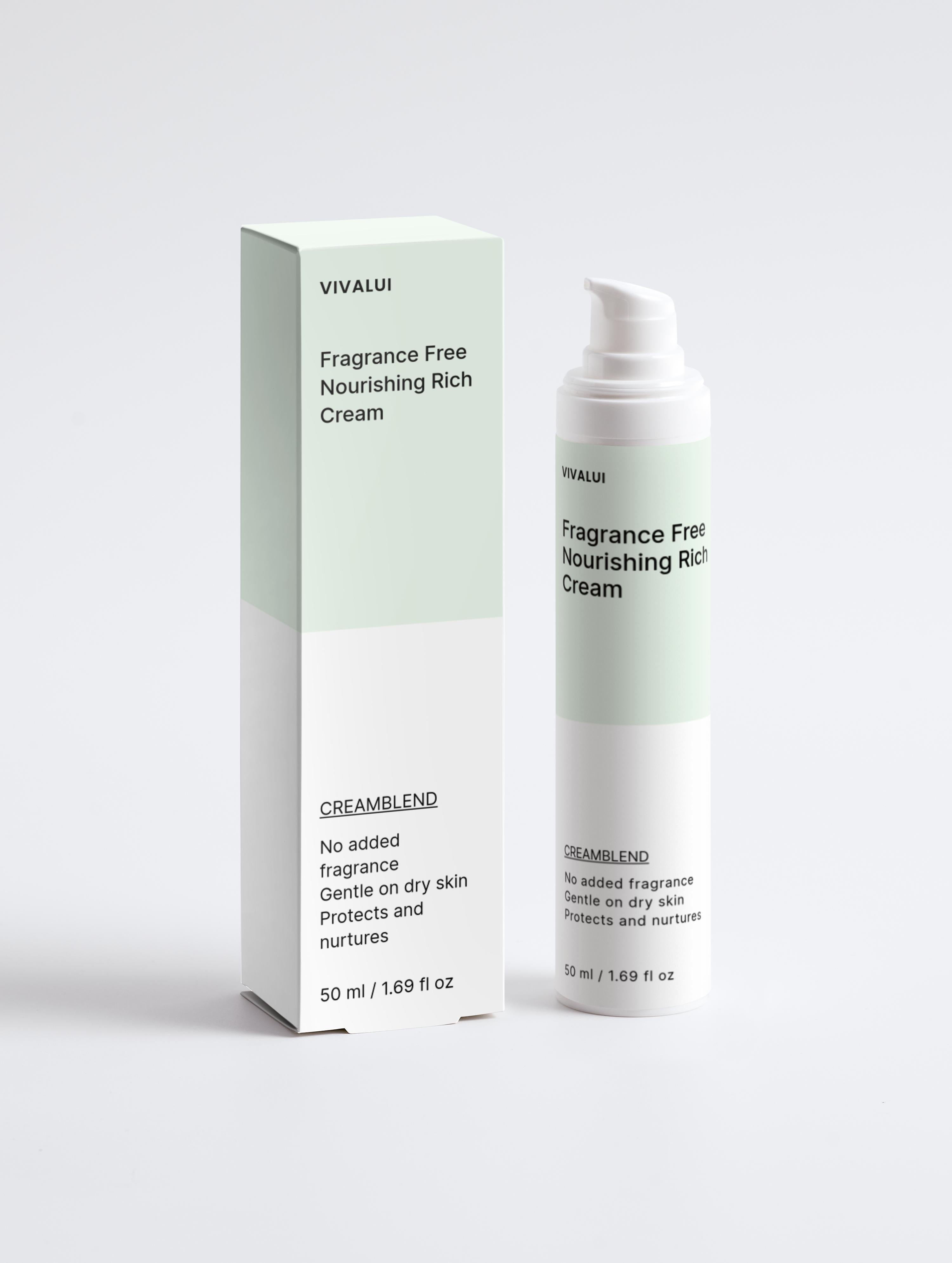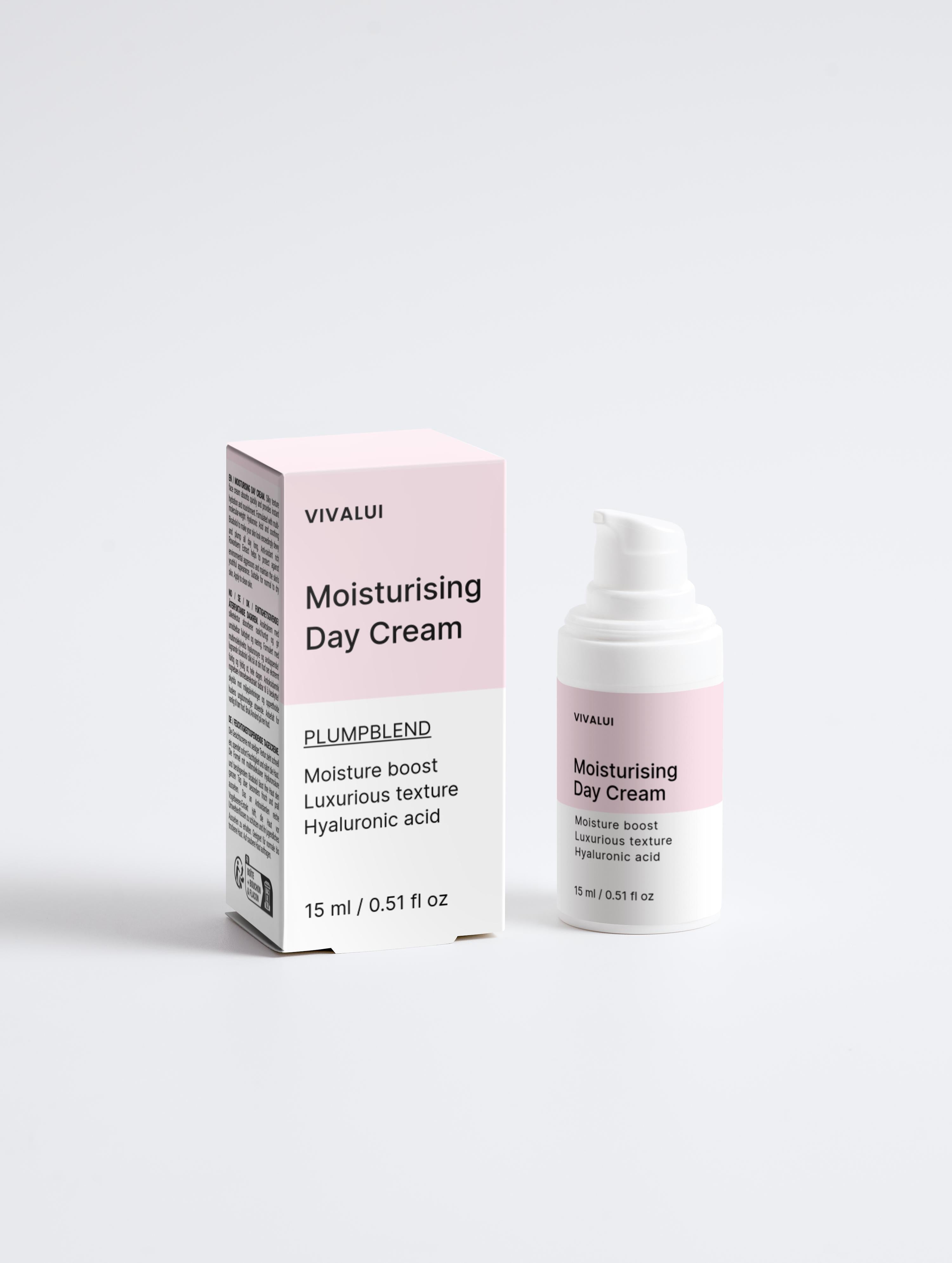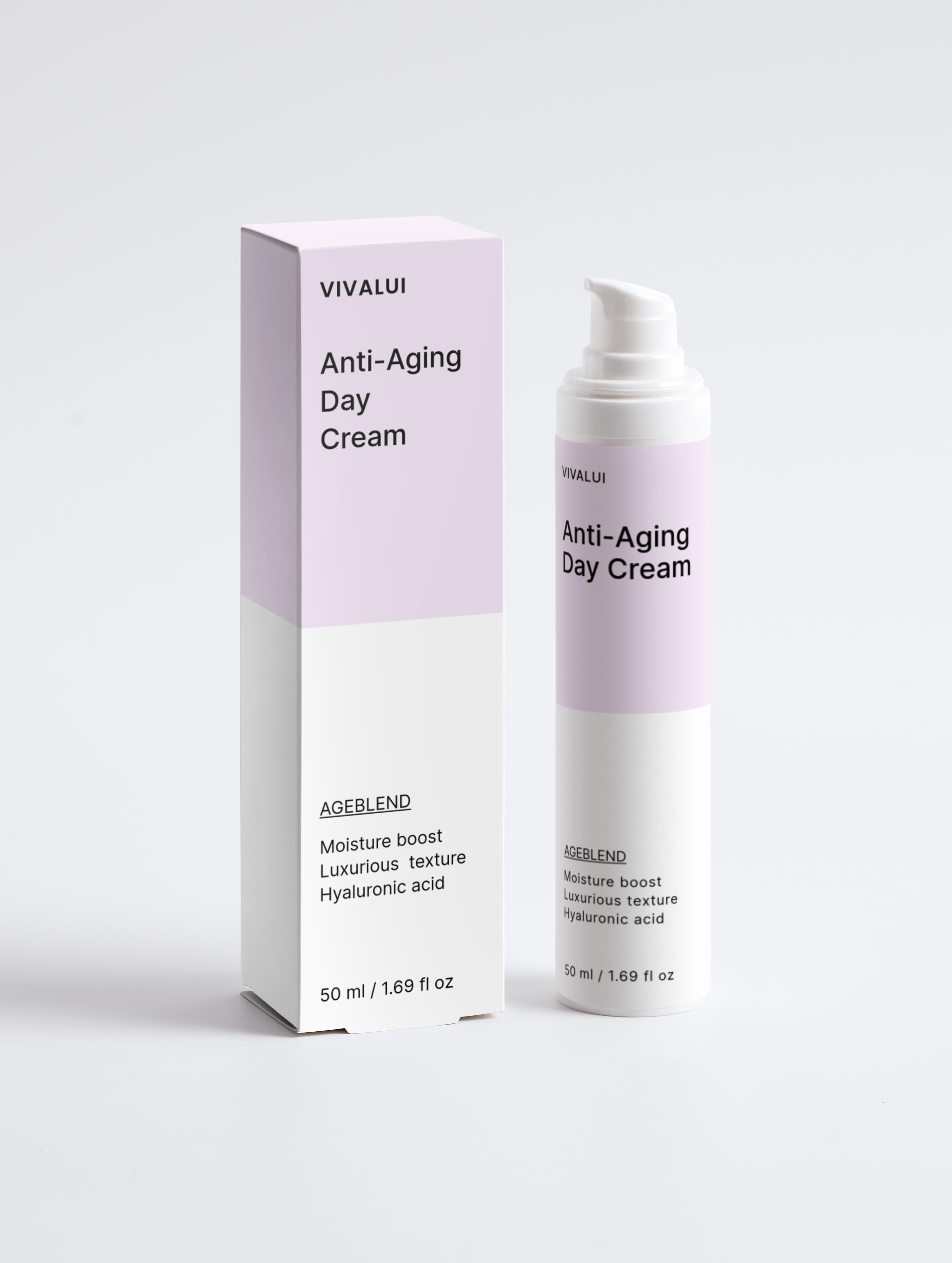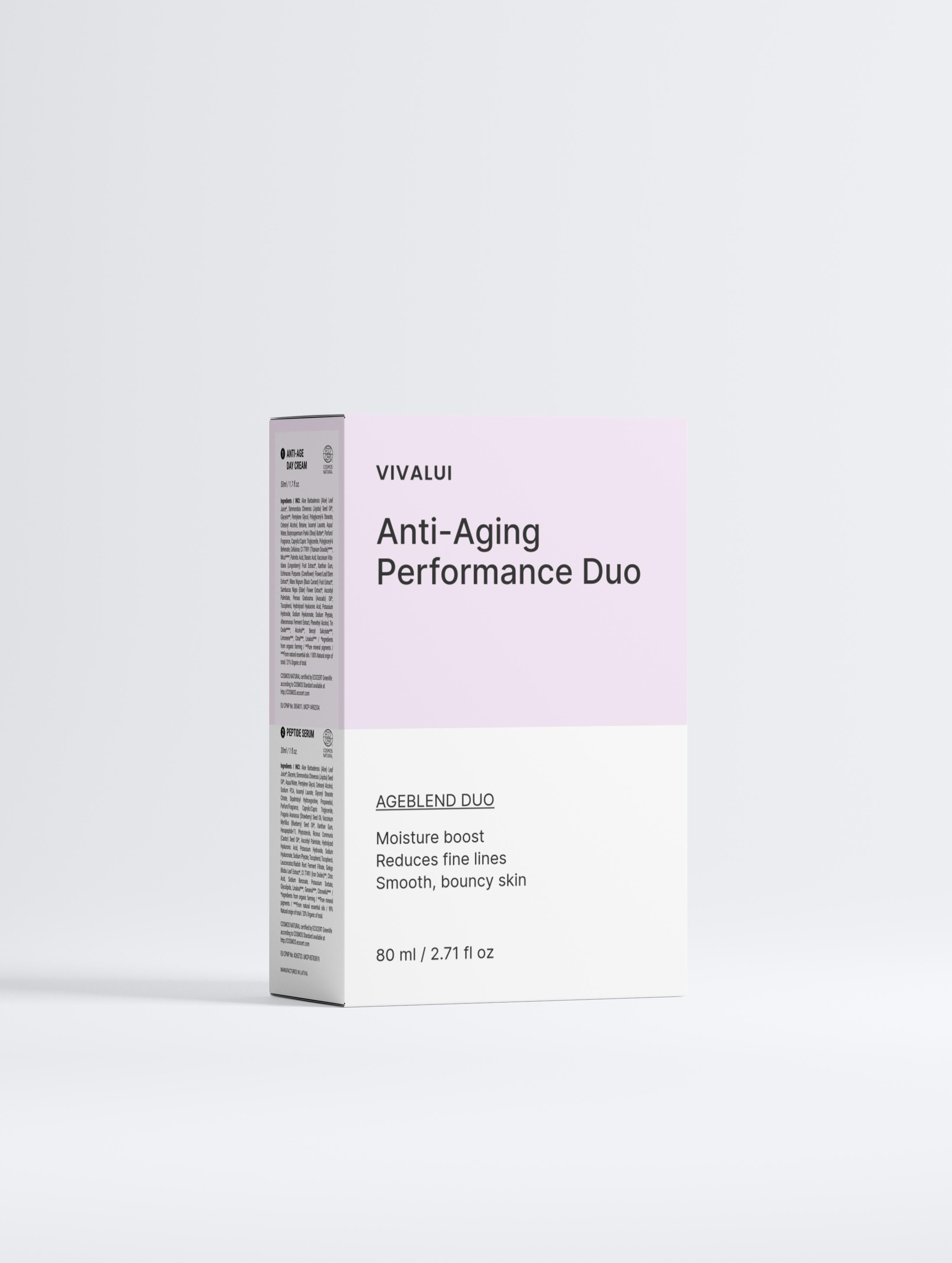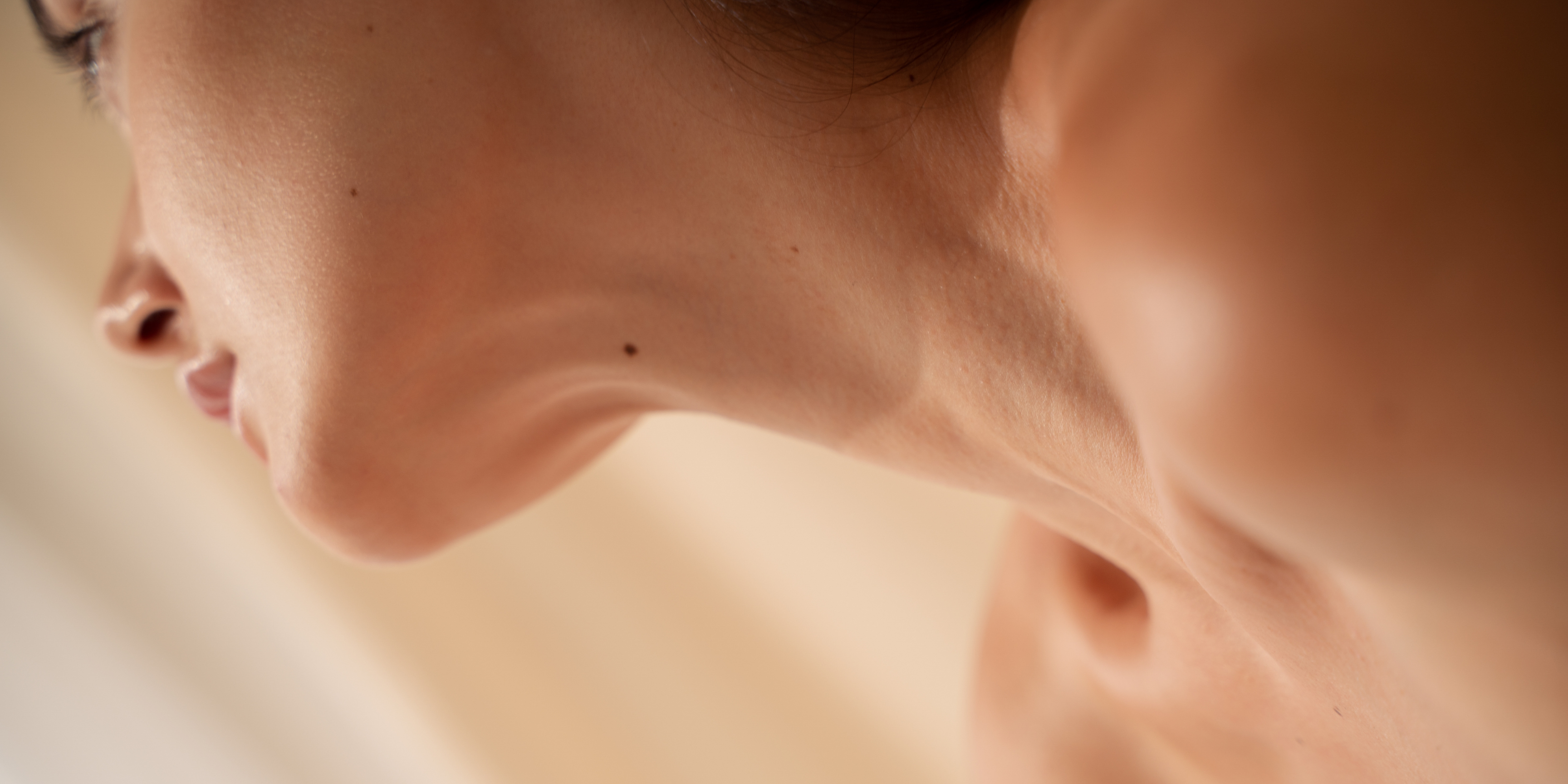When it comes to skincare, the terms hydration and moisture are often used interchangeably. However, understanding the distinction between the two is crucial for achieving a radiant and healthy complexion. Let's dive into the nuances of hydration and moisture and discover how they work to keep our skin looking its best.
What is Hydration and What is Moisture?
Hydration: This refers to the water content within the skin cells, which keeps the cells plump and elastic. Hydrated skin is full, radiant and shows fewer signs of wrinkles or fine lines. It's the difference between a fresh grape and a raisin.

Moisture: Moisture, on the other hand, relates to the skin's lipid barrier – the oils and fats that prevent water loss and protect the skin from environmental irritants. Moisturized skin is soft, smooth, and less prone to flaking or irritation.
Why Both Hydration and Moisture Are Essential
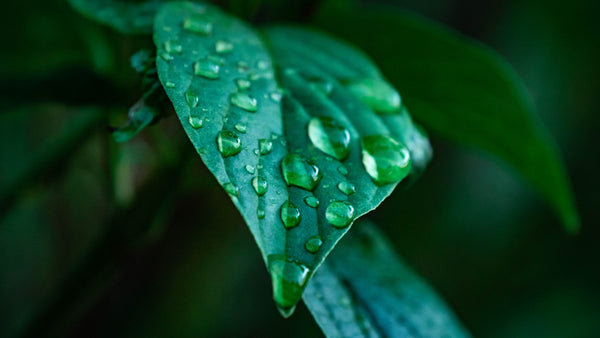
Balance is key: While hydration provides the skin with vital water content, moisture ensures that this hydration doesn't evaporate and is sealed in. Without proper hydration, skin can appear dull and wrinkled. Without adequate moisture, skin may lose its elasticity and become dry and flaky.
Protection against external factors: Our skin constantly battles environmental stressors like pollution, UV rays, and harsh weather conditions. A well-hydrated and moisturized skin barrier is essential to fend off these challenges and maintain a youthful appearance.
Hydration versus Moisturizer - How to Recognize Dehydrated vs. Dry Skin
Dehydrated Skin: Lacks water. It may feel tight, show signs of fine lines or deeper wrinkles, and appear dull. Even oily skin can be dehydrated.
Dry Skin: Lacks oil. It may be flaky, rough to the touch, and can be prone to irritation or redness.

Solutions for Hydration and Moisture
For Hydration:
Hyaluronic Acid: A powerful humectant that draws water to the skin, helping to hydrate the skin's surface.
Glycerin: Another popular humectant that attracts water from the atmosphere and binds it to the skin.
Drink Water: Ensure you're drinking adequate water daily to keep the body and skin hydrated.
For Moisture:
Ceramides: These are lipids that reinforce the skin barrier and help retain moisture.
Facial Oils: Oils like jojoba, argan, and rosehip oil help lock in hydration and keep the skin's barrier intact.
Butters and Creams: Shea butter, cocoa butter, and rich creams create a protective layer on the skin to prevent moisture loss.
Hydration versus moisturizer skincare
Both hydration and moisturization are crucial steps for maintaining healthy skin, but they serve slightly different purposes.

Hydration concerns the water content of the skin. Hydration deals with increasing the water content within the skin's cells. When skin is well-hydrated, it appears plump, radiant, and youthful. Look for products containing Hyaluronic acid. This is a common ingredient used in hydrating products. It's a humectant, which means it attracts and holds onto water. Hyaluronic acid can hold up to 1000 times its weight in water, making it an excellent ingredient for hydrating the skin.
Everyone needs it. Regardless of their skin type, hydration is essential. Dehydrated skin can lead to a compromised skin barrier, increased sensitivity, and the acceleration of signs of aging.

Moisturization concerns the oil content of the skin. Moisturizers are used to create a barrier on the skin's surface, preventing the evaporation of water from the deeper layers of the skin, which is a process known as Transepidermal Water Loss (TEWL).
Buy moisturizers with ceramides, fatty acids, and cholesterol. These lipid molecules help replenish the skin's natural barrier and keep the skin soft and supple. Occlusives, emollients, and humectants are three primary categories of moisturizing ingredients. Occlusives form a protective layer on the skin, reducing water loss. Emollients help to smooth and soften the skin. Humectants, as mentioned above in hydration, attract water to the skin.
Everyone also needs good moisturization. Even people with oily skin can benefit from lightweight, non-comedogenic moisturizers.

It's helpful to think of hydration as filling up the skin with water and moisturization as sealing in that water. Dehydrated skin lacks water and can benefit from hydrating products. Dry skin lacks oil and can benefit from moisturizing products. However, many people experience both to some degree and can benefit from a combined approach.
In a skincare routine, for optimal skin health, many experts recommend first using hydrating products (like serums that contain hyaluronic acid) to increase the water content in the skin. Follow with a moisturizer to lock in that hydration and protect the skin's barrier.
In essence, while hydration and moisturization are related, they target different aspects of skin health. Utilizing both approaches in a skincare routine can yield the best results for plump, resilient, and healthy skin.
Hydration versus Moisturizer - Tips for a Balanced Skincare Routine
Layer Products: Start with water-based products (like serums) and then layer on oil-based products (like creams or oils) to seal in hydration. Layering skincare products is an approach to maximize their efficacy by ensuring that each product can penetrate the skin and deliver its benefits without being hindered by another product. The general rule of thumb when layering is to start with the thinnest, most water-based products and work your way up to the thickest, most oil-based products.
Evaluate Based on Skin Type: Oily skin still needs hydration but might benefit from lighter, non-comedogenic moisturizers. Dry skin may need richer creams and oils.
Don't Forget Exfoliation: Removing dead skin cells helps products penetrate better and promotes natural hydration and moisture balance. Our skin naturally sheds millions of skin cells every day. But sometimes, these cells don't slough off as easily, leading to a buildup that can make the skin look dull and lifeless. Exfoliating helps remove this layer of dead cells, revealing fresher, brighter skin underneath.

The journey to radiant and glowing skin involves understanding the dual needs of hydration and moisture. Rather than think of hydration versus moisturizer, you should consider them together. By ensuring that the skin is adequately hydrated and locking that hydration in with effective moisturizers, you set the stage for a complexion that is beautiful but also resilient and healthy.

